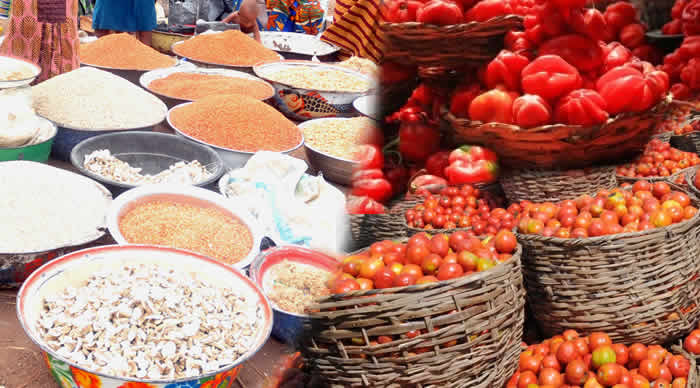Food insecurity remains a major challenge in Nigeria, with millions of Nigerians facing hunger and malnutrition. The situation prompted the Federal Government to declare a state of emergency on food insecurity. “The nation is facing a rare food security crisis, and the sooner we come to terms with the reality, the better,” Vice-President Kashim Shettima said during the Presidential Food Systems Coordination Unit (PFSCU) inauguration.
Recognising the urgency of the issue, the present administration has implemented a series of strategies and programmes to address food insecurity and achieve sustainable agricultural development. These efforts encompass policy reforms, investment in agricultural infrastructure, and collaboration with international and developmental organisations to improve food security across the country.
One of the recent initiatives in this fight is the release of 720 trucks of rice to states. Each truck reportedly contained 1200 bags of 25kg of rice, for onward distribution to the vulnerable in each state by the state governors. This initiative is aimed at reducing the current food crisis facing the country. Minister for Information, Mohammed Idris, said, “This is part of the measures that the government is taking, in addition to so many others, to ensure that the hardship being experienced by Nigerians is drastically ameliorated.”
Furthermore, in February 2024, the federal government announced that it would distribute 42,000 metric tons of grains to poor Nigerians at no cost.
The government has also embarked on policies to address the immediate food needs facing ordinary Nigerians. The approval of a 150-day duty-free import window for food commodities through land and sea borders is a notable example. This programme is expected to reduce the demand for forex by food importers and reduce the cost of food in the market by ensuring its availability.
Similarly, to encourage dry-season farming, the government approved a 50 per cent subsidy to wheat farmers. According to the Lake Chad Research Institute (LCRI), Nigeria produces about 300,000MT of wheat annually.
Collaboration with international organisations and development partners further strengthens Nigeria’s efforts to combat food insecurity. In 2023, the United Nations allocated US$20 million to complement the government’s effort in achieving food security. Additionally, in May 2024, the Federal Government and its international partners launched an appeal seeking US$306 million to fast-track food assistance, nutrition supplies, and services.
Nigeria, a member of the community of nations racing towards achieving the Sustainable Development Goals (SDGs) by 2030, has received numerous funding from international donor agencies towards actualising SDG 2 – Zero Hunger (End hunger, achieve food security and improved nutrition and promote sustainable agriculture).
The establishment of a new Ministry of Livestock Development is also a key effort aimed at ending food insecurity in Nigeria.
The establishment of the new ministry is expected to significantly help resolve the ongoing conflict between farmers and herdsmen across the country. In the North-central region of Nigeria and elsewhere, the struggle for land and pasture has often led to communal clashes, preventing farmers from cultivating their lands. By addressing this issue, the government hopes to significantly boost food production.
Despite these efforts, climate change, insecurity, and global economic instability continue to threaten food security in Nigeria.
However, those external factors have not deterred the Nigerian government from tackling food insecurity through policy reforms, social intervention programs, and international collaborations.
Indeed, measurable progress has been made, but the government needs to do more to address and ensure that ordinary Nigerians directly benefit from these initiatives and policies.





















